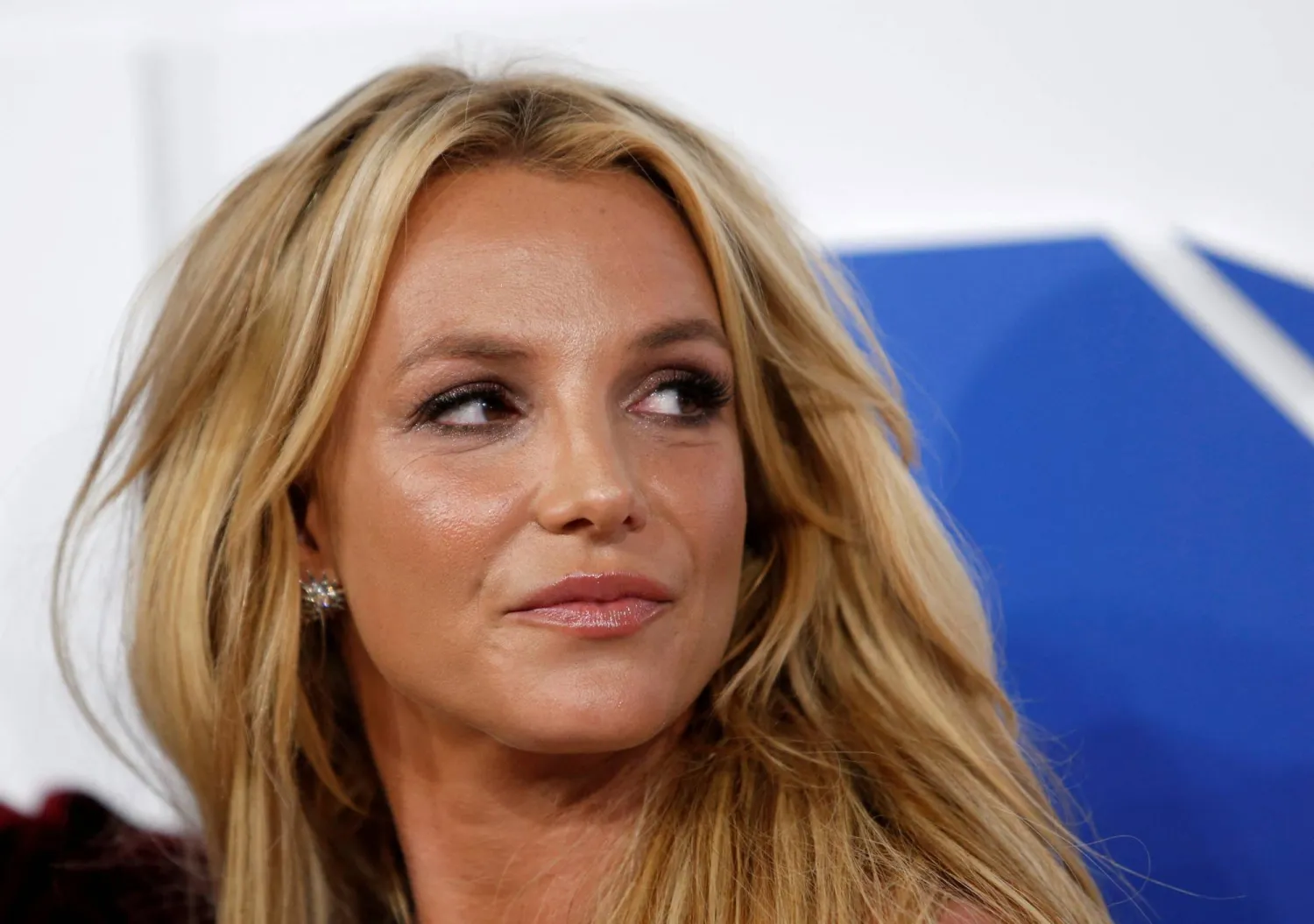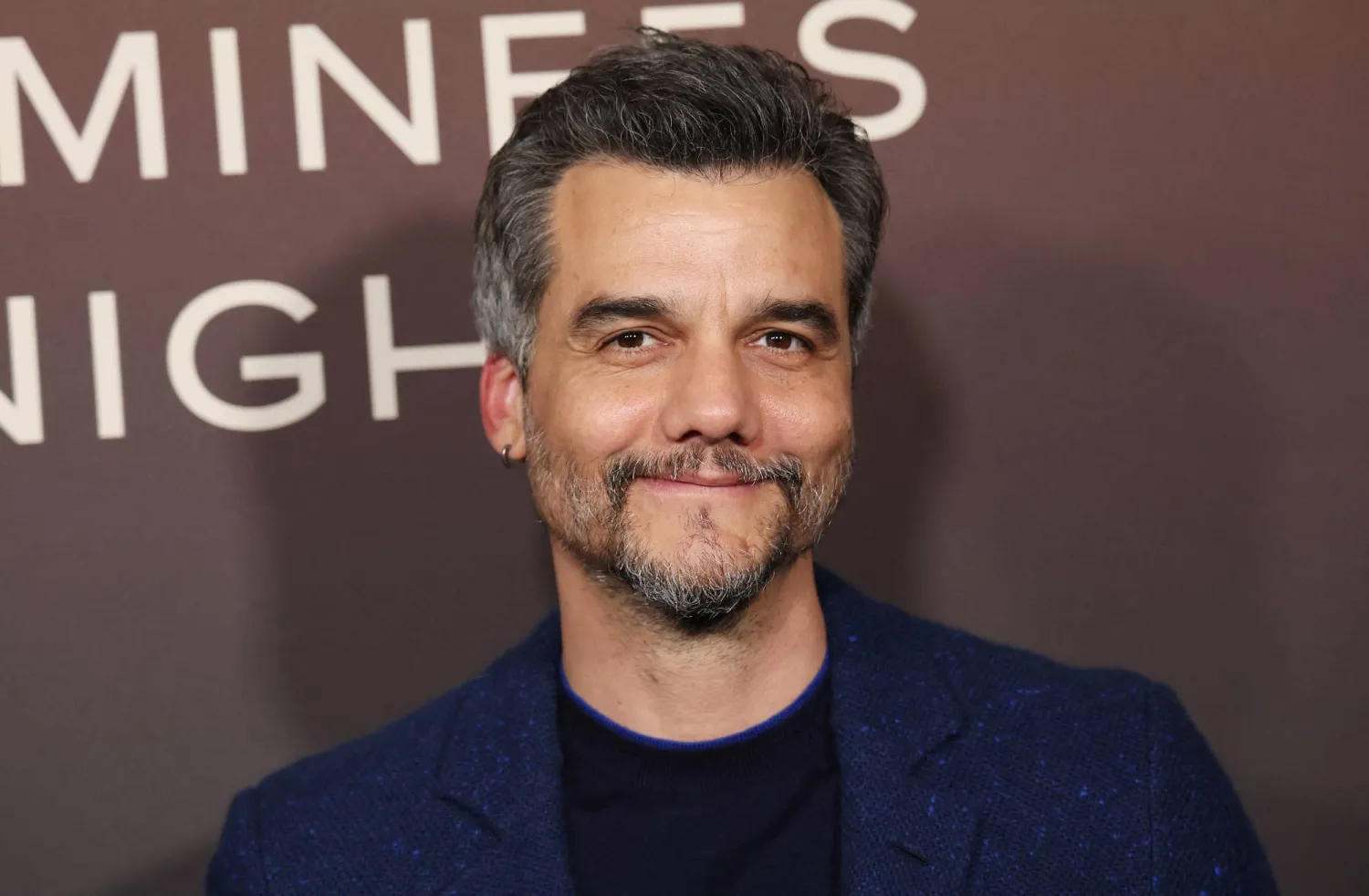Netflix on Wednesday disclosed summertime subscriber gains that surpassed industry analysts’ projections, signaling the video streaming service’s crackdown on password sharing is converting former freeloaders into paying customers.
In an effort to bring in even more revenue, Netflix also announced it's raising the price for its most expensive streaming service by $2 to $23 per month in the US — a 10% increase — and its lowest-priced, ad-free streaming plan to $12 — another $2 bump. The $15.50 per month price for Netflix's most popular streaming option in the US will remain unchanged, as will a $7 monthly plan that includes intermittent commercials, The Associated Press said.
It also raised its prices for subscribers in the UK and France.
The company added nearly 8.8 million worldwide subscribers during the July-September period, more than tripling the number gained during the same time last year when Netflix was scrambling to recover from a downturn in customers during the first half last year. The increase left Netflix with about 247 million worldwide subscribers, well above the 243.8 million projected by analysts surveyed by FactSet Research.
Netflix’s financial performance also topped the analyst forecasts that shape investor expectations. The Los Gatos, California, company earned $1.68 billion, or $3.73 per share, a 20% increase from the same time last year while revenue climbed 8% to $8.54 billion.
The company’s stock price soared more than 12% in extended trading after the latest quarterly numbers came out. Netflix shares have increased by about 30% so far this year amid mounting evidence its video streaming service is faring better than most in a crowded fielded of competitors that is testing the financial limits of many households.
Netflix has picked up more than 16 million subscribers through the first nine months of the year, already eclipsing the 8.9 million subscribers that it added all of last year. But it’s still a fraction of the more than 36 million additional subscribers that Netflix attracted in 2020 when the pandemic turned into a gold mine for the service at a time when people were looking for ways to stay entertained while tethered to home.
This year’s subscriber inroads have been made despite entertainment labor strife centered in part on writers’ and actors’ complaints about unfairly low payments doled out by video streaming services such as Netflix. The company has been able to withstand the recently settled writers’ strike and ongoing actors strike by drawing upon a backlog of already finished TV series and movies in the US, as well as productions made in international markets unaffected by the labor disputes.
In an apparent effort to rebuild its library of original programming after everyone returns to work, Netflix said it expects to spend about $17 billion on TV series and films next year.
Netflix’s decision to abandon its long-established practice of allowing subscribers to share their account passwords with friends and family outside their households has prompted more viewers who had been watching the video service for free to sign up for their own accounts. The crackdown also has boosted Netflix’s in another way – current subscribers can share their accounts with someone living outside their households by paying higher monthly fees.
“We are incredibly pleased with how it has been going,” Netflix co-CEO Greg Peters said when asked about the password-sharing crackdown during a Wednesday video conference call. He predicted more subscriber gains will accrue from the crackdown for at least several more quarters as Netflix confronts more “borrower households” about watching the service's programming without paying for it.
The apparent success of the password-sharing crackdown could now free management to focus on other ways to bring in more revenue, such as a low-priced option that includes advertising introduced a year ago.
Netflix’s decision to open its service up to commercials hasn’t been a big boon yet. But Harding Loevner analyst Uday Cheruvu said he believes that will change as advertisers realize that the personal information the company has gleaned from viewers’ entertainment tastes can help target their commercials at consumers most likely to buy their products in the same way internet powerhouses such as Google and Facebook have been doing for years. Peters said during the video conference call that Netflix is already working with is ad partner, Microsoft, to target its commercials more precisely.
“I think the advertising potential of Netflix is underappreciated,” Cheruvu said. “The audience engagement with the video advertising there could be multiple times stronger than a social media platform.”
In a shareholder letter, Netflix said roughly 30% of its incoming subscribers are opting for the $7 plan with commercials, growth that is likely to attract more spending from advertisers. The higher prices for Netflix's premium plans also seems likely to divert more subscribers into the ad-supported option.
“The ‘streamflation’ era is upon us, and consumers should expect to be hit with price hikes, password sharing limits, and enticed with ad supported options,” said Scott Purdy, US media leader for KPMG.
Netflix's Password-sharing Crackdown Reels in Subscribers as It Raises Prices for its Premium Plan

FILE PHOTO: Smartphone with Netflix logo is placed on a keyboard in this illustration taken April 19, 2022. REUTERS/Dado Ruvic/File Photo

Netflix's Password-sharing Crackdown Reels in Subscribers as It Raises Prices for its Premium Plan

FILE PHOTO: Smartphone with Netflix logo is placed on a keyboard in this illustration taken April 19, 2022. REUTERS/Dado Ruvic/File Photo
لم تشترك بعد
انشئ حساباً خاصاً بك لتحصل على أخبار مخصصة لك ولتتمتع بخاصية حفظ المقالات وتتلقى نشراتنا البريدية المتنوعة







